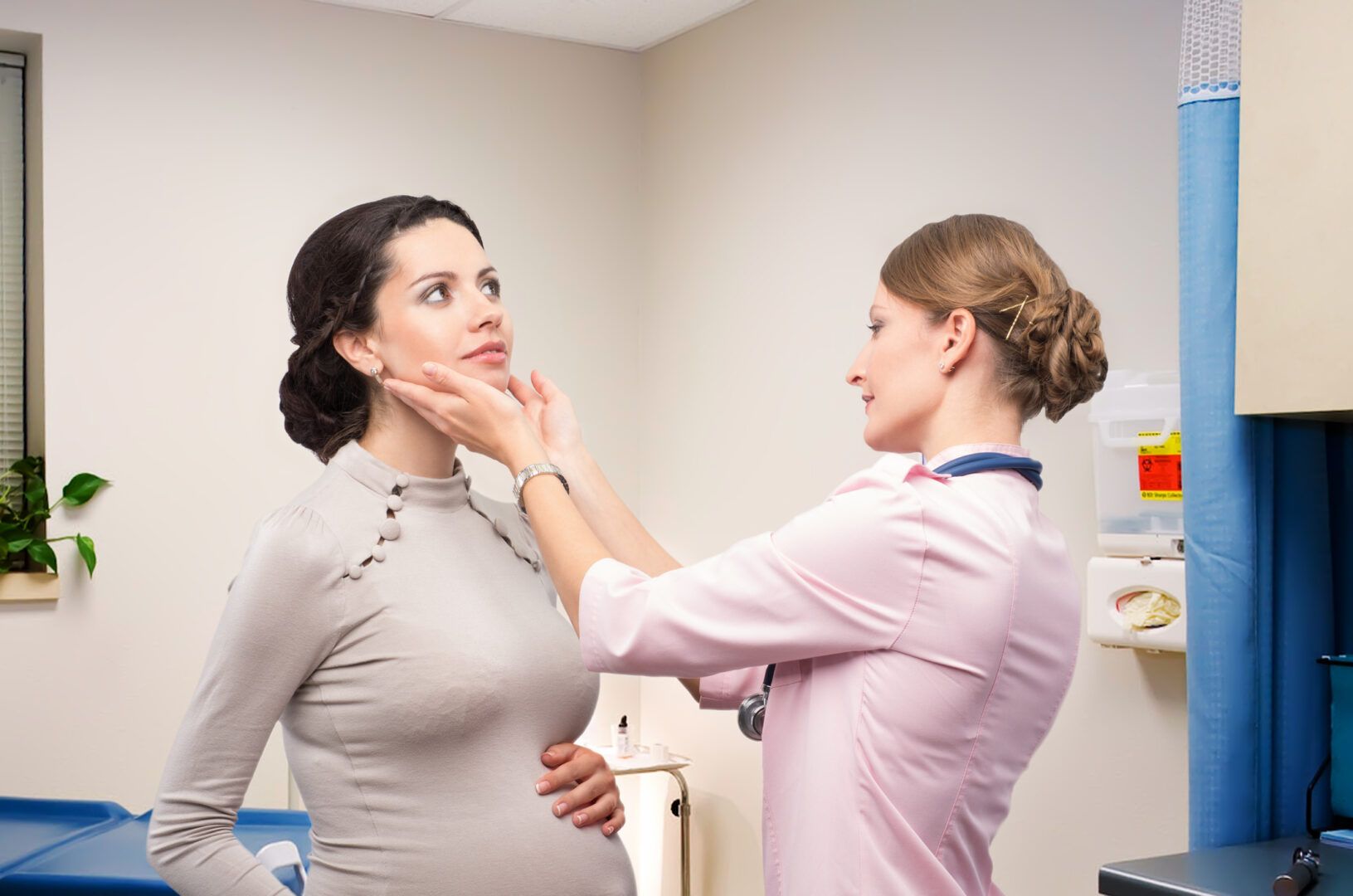A Guide To Preventing Group B Strep in Pregnancy
As we dive into the topic of preventing Group B Strep (GBS) in pregnancy, let’s focus on the often-overlooked vaginal microbiome. Just as we value a healthy gut microbiome, the vaginal microbiome plays a vital role in pregnancy. If you’re expecting or trying to conceive, this guide will help you prevent or potentially reverse a Group B Strep positive test naturally.

Why Should Pregnant Women Care About GBS?
Group B Streptococcus (GBS) “colonization” is common, affecting about 1 in 3-4 pregnant women. GBS is a normal bacterium often found in small amounts in the gut, bladder, or vagina, but it becomes concerning when it overgrows during pregnancy. Babies exposed to GBS at birth face a 50% chance of contracting it, which in severe cases can lead to meningitis, sepsis, pneumonia, or stillbirth.
In the U.S. and Canada, women who test positive for GBS between 35-37 weeks of pregnancy are typically recommended IV antibiotics during labor, reducing the risk of their baby contracting GBS to 1 in 4,000
Why Consider Avoiding IV Antibiotics?
While antibiotics effectively lower GBS-related risks, many women weigh the potential downsides:
- Impact on Beneficial Bacteria: Antibiotics disrupt your microbiome, potentially affecting both you and your baby.
- Increased Risk of Yeast Overgrowth: Antibiotics can lead to yeast overgrowth, causing issues like thrush and breastfeeding difficulties.
- Desire for a Natural Birth: Some women want minimal medical interventions and prefer a natural delivery.
Antibiotics alter the bacterial seeding your baby receives during birth. Short-term studies show that babies exposed to antibiotics during labor have fewer beneficial bacteria and more undesirable strains initially, potentially delaying their optimal microbiota development.
Unknown Long-Term Effects of GBS Antibiotics
Long-term effects of antibiotics on your baby’s microbiota are still unknown. Some studies suggest that children born via C-section, which also disrupts the microbiota, may have higher risks of allergies, asthma, and autoimmune issues. While these findings don’t directly translate to GBS-related antibiotics, it’s reasonable to consider minimizing antibiotics when possible to support your baby’s healthy microbiome development.
Tips for Preventing GBS in Pregnancy
Optimizing your vaginal microbiome before and during pregnancy is the best strategy to avoid a GBS-positive test and reduce the need for antibiotics.
- Check Your Vaginal pH: A vaginal pH of 3.5-4.5 is optimal for discouraging GBS overgrowth. Home pH test strips can help you monitor this.
- Vitamin C Suppositories: Vitamin C in ascorbic acid form helps lower vaginal pH, making it inhospitable for GBS. Use 1 suppository daily for six days and continue testing your pH, repeating the process if pH rises above 4.5.
- Use Targeted Probiotics: Certain probiotics are effective at reducing or preventing GBS colonization. Look for strains like Lactobacillus rhamnosus GR-1 and Lactobacillus fermentum RC-14. Take two capsules daily, and consider inserting one vaginally at night.
- Consider Retesting: If you tested GBS-positive initially, ask for a follow-up test before labor. There’s also a rapid test available in early labor, which is sometimes more accurate and allows for an alternative to automatic antibiotics.
- Supplement with Lactoferrin: Lactoferrin, a natural iron source, can reduce GBS levels while providing essential nutrients. Take one capsule orally twice daily and, optionally, one capsule vaginally at night.
- Garlic for Allicin: Allicin, a potent compound in garlic, can help lower GBS. Insert one gelcap or half of a freshly cut garlic clove (to release the allicin) every night for four weeks.
- Vaginal Wash with Thyme Tea: Brew thyme tea and use it as a gentle wash, which can help maintain a balanced vaginal microbiome.
Supporting Baby’s Microbiome After Birth
Even if antibiotics become necessary, you can support your baby’s microbiome through:
- Breastfeeding: Breast milk helps establish beneficial bacteria in your baby’s gut.
- Newborn Probiotics: Discuss safe probiotic options with your healthcare provider.
The Bottom Line
Preventing Group B Strep naturally by supporting a healthy vaginal microbiome is a powerful strategy for moms-to-be. By prioritizing a balanced microbiome, you can help reduce the need for antibiotics and support your baby’s long-term health. If you need more personalized guidance, contact us, we’d love to help.

Dr. Laura Paris is a women’s health specialist who provides Acupuncture and Functional Medicine care at her two clinics in Capitola and Monterey, California. She also works with women remotely in the United States through telehealth appointments. Learn more about Laura here, and message her directly here.








I’m not pregnant but battling group b strep. It’s been 4 months now and has gotten me SO down. I’ve had pretty bad symptoms and been tested twice now. Any additional tips? I will do anything at this point!
I am so sorry! You can book an appointment for medical advice if you wish to.
Did you get it figured out? I’m dealing with this now. Also not pregnant.